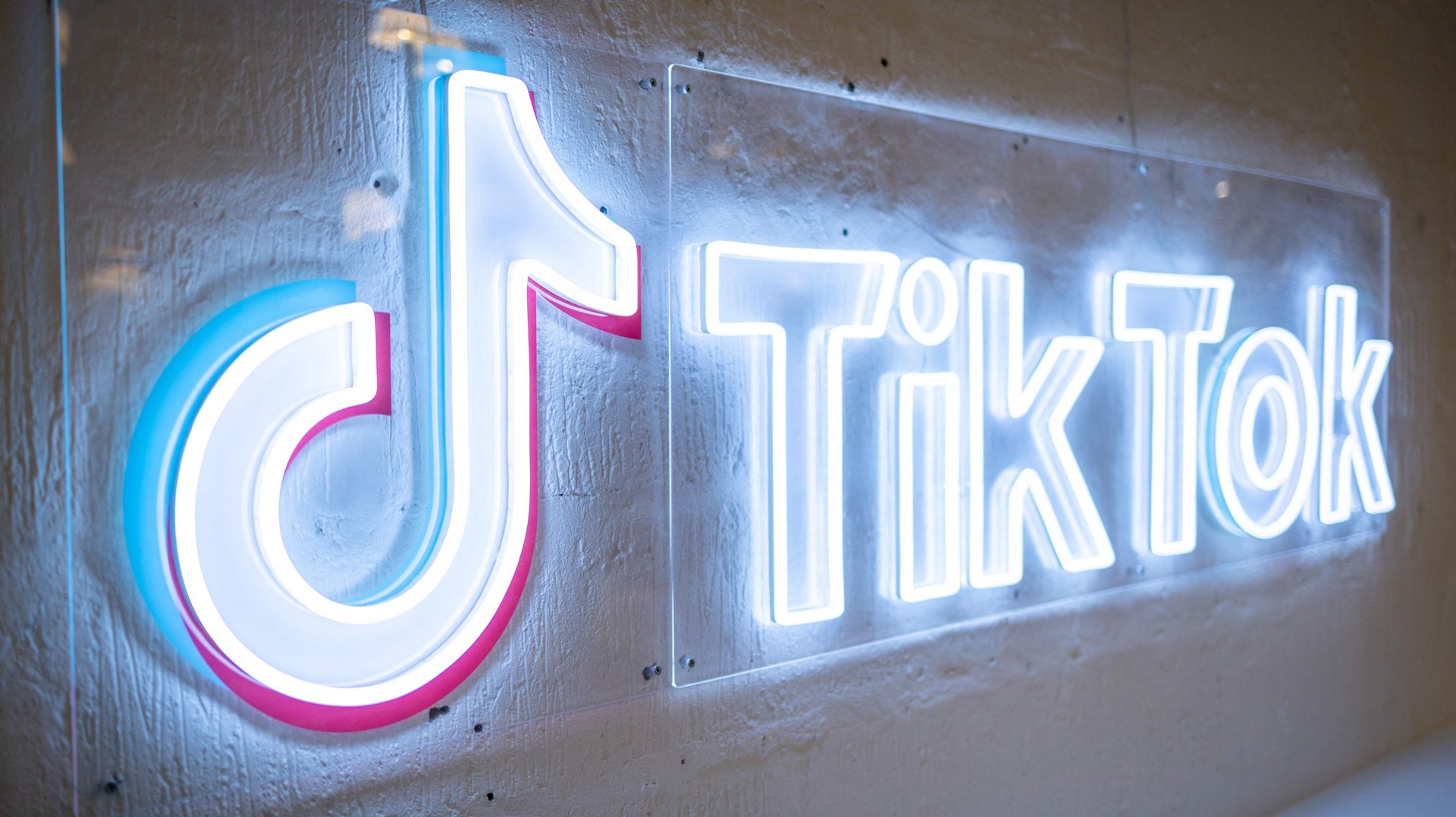TikTok’s updated data privacy policy does little to settle nerves
TikTok staff in several countries, including China, can access user data from the European Economic Area, the UK, and Switzerland.

TikTok’s updated privacy policy fails to address the most contentious issue in handling user data.
The wildly popular short form video app said its staff in several countries around the world—including, most controversially, China—can access user data from the European Economic Area, the UK, and Switzerland starting Dec. 2, as per the Guardian.
The access is granted “based on a demonstrated need to do their job, subject to a series of robust security controls and approval protocols, and by way of methods that are recognised under the GDPR [the EU’s general data protection regulation],” according to Elaine Fox, TikTok’s head of privacy in Europe, said in a statement yesterday (Nov. 2).
Access to user data from China remains controversial as regulators worry TikTok and its parent firm Bytedance might pass on the information to the Chinese government. It’s a concern the app and its owner have vehemently tried to dispel, but regulatory bodies haven’t stopped investigating.
Charted: TikTok staff with access to European user data
By the digits: TikTok is huge
1 billion: active users worldwide
136.5 million: TikTok users in US, its biggest market
67%: Share of American teens who use the app daily
99 minutes: average time US kids and teens spend on Tiktok daily
$6.3 billion: consumer spend in-app spending since its launch in 2017, according to analytics company Sensor Tower
The world is worried about what TikTok is doing with user data
🇺🇸 US: On Tuesday (Nov. 1), one of five commissioners at the Federal Communications Commission (FCC), Brendan Carr, told Axios that he doesn’t believe “there is a path forward for anything other than a ban.” Several officials, including former president Donald Trump, have time and again echoed this sentiment. Carr even wrote to Google and Apple in June to take the app down. The company is out to prove otherwise: In July, TikTok moved US user data to Oracle servers. TikTok is in talks with the Council on Foreign Investment in the US (CFIUS) to see if it can divest from Chinese parent Bytedance and let an American company take the reins so it can continue to operate in the country.
🇬🇧 UK: The UK parliament shut its TikTok account in August after outcry from MPs over the risk of data being passed to the Chinese government.
🇪🇺 EU: The Irish Data Protection Commission, which has over TikTok across the EU, has been scrutinizing data harvesting and transfers by Tiktok.
🇦🇺 Australia: In July, TikTok admitted staff in China can access Australian users’ data.
🇮🇳 India: After a border dispute in 2020, India banned TikTok and hundreds of other Chinese apps citing national security concerns.
Quotable: The irony in banning TikTok
“A ban of TikTok would be a blatant violation of civil liberties. The government has no business telling people what apps they can have on their phones. If individuals want to take the risk of exposing their data to the CCP, that should be their choice. The problem with the “national security” argument is that it’s incredibly hard to quantify the threats in any objective way. What exactly is at stake here? What will be jeopardized if the CCP gains access to this data? We simply don’t know. What we do know is that the “national security” excuse gets thrown around an awful lot, and it’s a convenient way to pacify the masses who might otherwise protest the ever-increasing violation of their liberties.” —Patrick Carroll, Editorial Fellow at the Foundation for Economic Education.
Related stories
🕵🏼♂️ Biden is taking Trump’s argument against TikTok seriously
